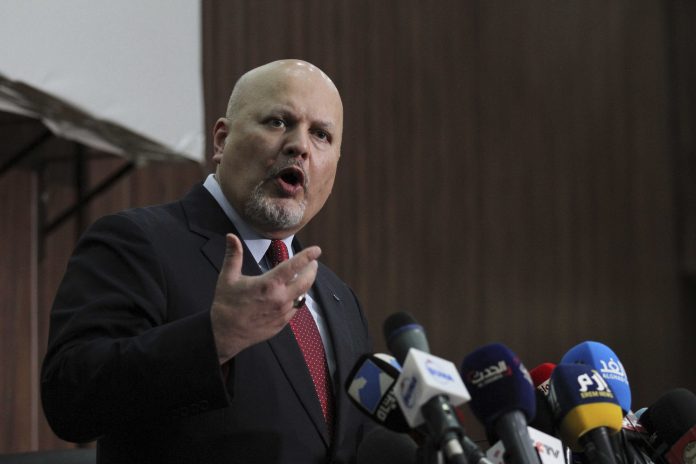
THE HAGUE, Netherlands (AP) — International Criminal Court judges decided Friday to ask the United Nations Secretary-General for information on who represents Afghanistan at international bodies following the Taliban’s sweep to power in August.
The request is intended to clarify the status of Afghanistan’s new leadership as judges prepare to rule on a request by the global court’s new prosecutor last month for permission to resume an investigation into alleged war crimes and crimes against humanity linked to Afghanistan’s conflict since 2002.
In a written ruling, judges said that “for several reasons including the fast pace of relevant developments, and the short time elapsed since they materialized, there is still a large margin of uncertainty as to the legal implications of those events, including for the purposes of international law and international relations.”
The judges also asked the court’s Assembly of States Parties for the same clarification. Afghanistan is a member, or state party, of the court.
In a statement, the court said that the judges also reminded Prosecutor Karim Khan that he can request authorization to “pursue necessary investigative steps for the purpose of preserving evidence where there is a unique opportunity to obtain important evidence or there is a significant risk that such evidence may not be subsequently available.”
Judges authorized an investigation in March last year covering offenses allegedly committed by Afghan government forces, the Taliban, American troops and U.S. foreign intelligence operatives dating back to 2002. The probe was put on the back burner when Afghanistan’s government asked to take over the case. The ICC is a court of last resort, set up in 2002 to prosecute alleged atrocities in countries that cannot or will not bring perpetrators to justice — known as the principle of complementarity.
Khan said last month that he plans to focus on crimes committed by the Taliban and the Afghan affiliate of the Islamic State group, adding that he will “deprioritize” other aspects of the investigation — including alleged crimes by Americans. That led to angry reactions from rights groups.
















